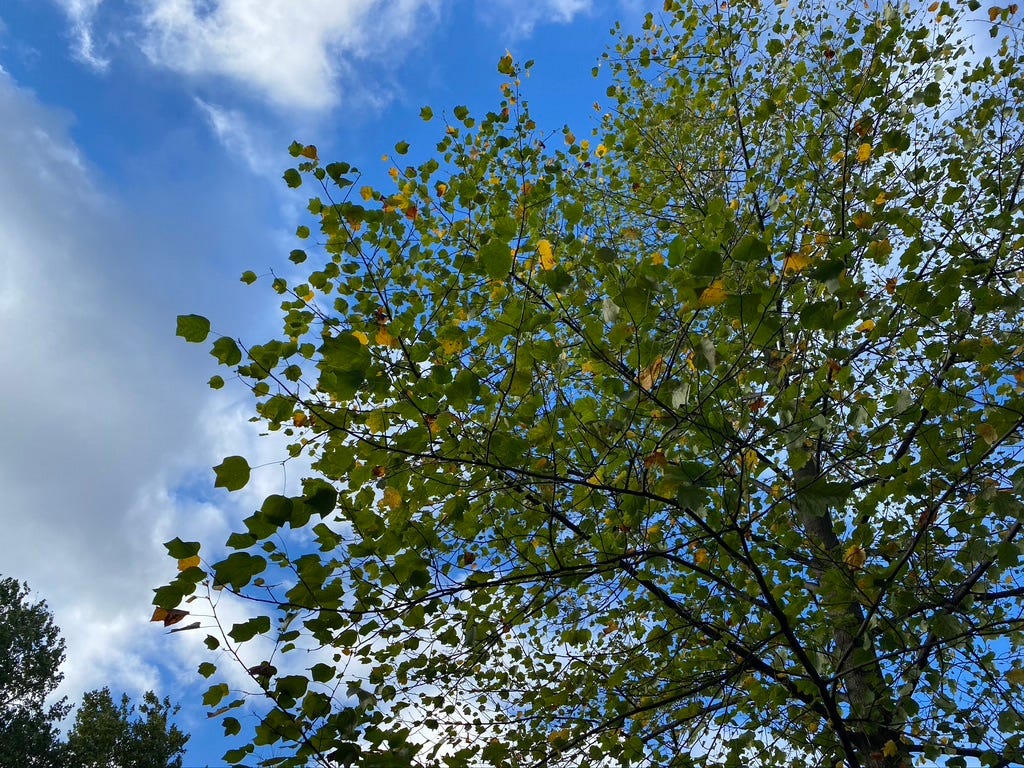You’ve Thrown That Stone In The River And It’s Gone
You hand it over to the world and see what comes of it
For the umpteenth time since the dawn of this newsletter I find myself sitting down and writing about writing. This is not an inherently unworthy activity but it does make me suspicious of myself. You have to be careful with this sort of meta thing; do it too often and you lose the authority to do it at all. Who wants to read about writing from someone who only seems to know how to write about writing? Not me, that’s for sure.
But I’m on the topic again this week because of something I came across in Outside magazine the other day, in a particularly moving story about Kurt Steiner, the world champion skipper of rocks. (This is so often what sparks a tangent about writing for me: a completely unrelated story that nevertheless rings true when you apply its lessons to the act of creating.)
“There is so much poetry,” Ohmer said as the three of us sat the bar. “Because you find that stone, then you’ve thrown it in the river and it’s gone. You’ve pursued this endeavor until you have it all figured out. And then you hand it over to the world and see what comes of it.”
In my writing I am forced to take the same approach. I have to empty the clip to write this newsletter every week—every idea, every connection, every worthwhile thought I’ve had between one Wednesday and the next makes it onto the page at some point in the process. (Not all of them stay there, obviously, but they all get their chance.) So the next week I start from scratch. I am incapable of planning out newsletters in advance, or outlining future issues, like some of my peers do. Each week I collect my bucket of rocks and throw them all in the river. I hand it all over to the world and see what comes of it.
I can usually tell almost immediately when something I’m writing has legs, and when it’s just throat-clearing or mental decluttering, or flights of impressive language in search of an idea. I’ve been writing long enough that I can turn any of those latter things into a newsletter if I’m desperate to get something out, much like how Kurt Steiner skips a cinder block at one point in that Outside story. But that’s mostly just showing off. The real talent is not just in the skipping of the stone but in everything that leads up to it, the careful selection of missiles from the pebbly shore, guided by all the years of practice and trial and error and tinkering with mechanics.
For me that often starts with paying attention. To the inner and outer turmoil of people, sometimes. To the rhythms and patterns and small details of the natural world, often.
The leaves of the sycamores and poplars in the park are forming their shifting geometries against the blue autumn sky. The mornings are crisp now in a way that seemed impossible just days ago in the stultifying air of midwestern summer.
Everyone seems a little friendlier when the air is like this. Imagined, perhaps, but I like to think we need the turn to fall for a sense of relief from the heat if nothing else. I once lived for a year in a place with no real seasons, just eternal island pleasantry, and it felt like being removed from time altogether. I couldn’t have lasted much longer than I did. My body and brain crave changes, rituals, concrete markers of the passage of time. The beginnings of things and the endings of others. By staying attuned to the little things—a sudden burst of rain, the first frost on the ground when you wake up in the morning, a whiff of woodsmoke on the air—I feel a sense of attachment to the larger ones.
I guess what I’m saying is that I love the world, and in writing I find the only outlet I know to honor and investigate and deepen that love. It makes me happy that so many of you are along for the ride.
Thanks, as always, for reading. I’ll talk to you next week.
-Chuck
PS - If you liked what you read here, why not subscribe and get this newsletter delivered to your inbox each week? It’s free and always will be, although there is a voluntary paid subscription option if you’d like to support Tabs Open that way.






I love this, Chuck! It rings true in so many ways, literally (ha ha) and metaphorically. At one point, I thought of John Gardner (The Art of Fiction) and how critical and nit-picky he could be about the process of writing. Your analysis is far more accepting and humane and I might eventually come to accept that Gardner was just another arrogant asshole with good ideas -- about how others should do things differently. Some of his advice was very good, but what a crank ...
man I relate to all of this very hard